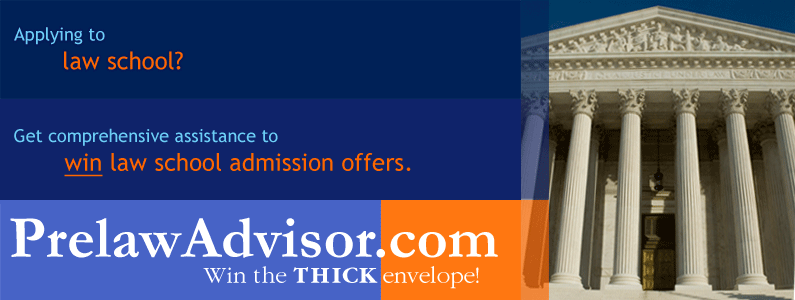I've earned an official 170+ LSAT score. How do I best take advantage of it?
 Wednesday, November 15, 2006 at 09:59AM
Wednesday, November 15, 2006 at 09:59AM Congratulations! You've really got the "right stuff," in the minds of law school admissions decision makers. They are going to be extremely interested in you. But be aware that you need to protect your interests carefully. Given your high LSAT score, law schools will be eager to present you with opportunities that benefit their interests. You need an advocate and advisor who will help you make the most of such a high LSAT score, someone who will put your interests first.
Recognize these points:
1. Understand why the law schools are so strongly attracted to persons with high official LSAT scores. The US News & World Report ranking phenomenon creates enormous incentives for law schools to seek high-LSAT students. If they can attract them, their numbers go up, and in time they can move up in the rankings. The USN&WR ranking system is enormously influential. Love schools love to have bragging rights to enrolling students with high LSAT scores. The law school admission process is a competition for cognitive talent.
2. Don't rely on a high LSAT alone to carry you into an elite, top 10 or top 5 law school. You need to present the whole package, to the maximum extent possible: a great GPA, a strong undergraduate school (or at least a highly respected path through a lesser undergraduate school), a brilliant personal statement, the right timing, and strongly supportive recommendations from properly selected and prepared recommenders. Look to PrelawAdvisor.com to assist you in hitting this "sweet spot."
3. Include in your strategy a plan to win some law school admission offers that include a full-tuition scholarship. You might not end up taking it, but at least work carefully to create such an option. You can save yourself and your family thousands and thousands of dollars this way. But you have to craft your message just right. I can help you do this. I've actually seen a law school make this offer to get a highly attractive candidate: (1) A full-tuition scholarship for all three years; (2) free room and board; (3) free books; (4) a $1,000 month stipend; and (5) a no-cost LL.M degree (the advanced law degree one can choose to earn after earning a JD degree). The price for law school can be quite variable, for highly attractive candidates.
Maximize the potential of your high LSAT by working with PrelawAdvisor.com. To begin, send an e-mail to me at BradDobeck@aol.com.
